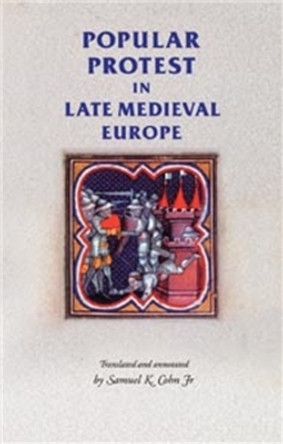Why, when so driven by the impetus for autonomy, did the city elites of thirteenth-century Italy turn to men bound to religious orders whose purpose and reach stretched far beyond the boundaries of their often disputed territories? Churchmen and Urban Government in Late Medieval Italy, c.1200-c.1450 brings together a team of international contributors to provide the first comparative response to this pivotal question. Presenting a series of urban cases and contexts, the book explores the secular-religious boundaries of the period and evaluates the role of the clergy in the administration and government of Italy's city-states. With an extensive introduction and epilogue, it exposes for consideration the beginnings of the phenomenon, the varying responses of churchmen, the reasons why practices changed and how politics and religious identity relate to each other. This important new study has significant implications for our understanding of power, negotiation, bureaucracy and religious identity.
Major new study of secular-religious boundaries and the role of the clergy in the administration of Italy's late medieval city-states.About the AuthorProfessor Frances Andrews has taught Mediaeval History at the University of St Andrews since 1995. In 2007 she founded the St Andrews Institute for Mediaeval Studies.
Book InformationISBN 9781107044265
Author Frances AndrewsFormat Hardback
Page Count 426
Imprint Cambridge University PressPublisher Cambridge University Press
Weight(grams) 760g
Dimensions(mm) 235mm * 157mm * 32mm






